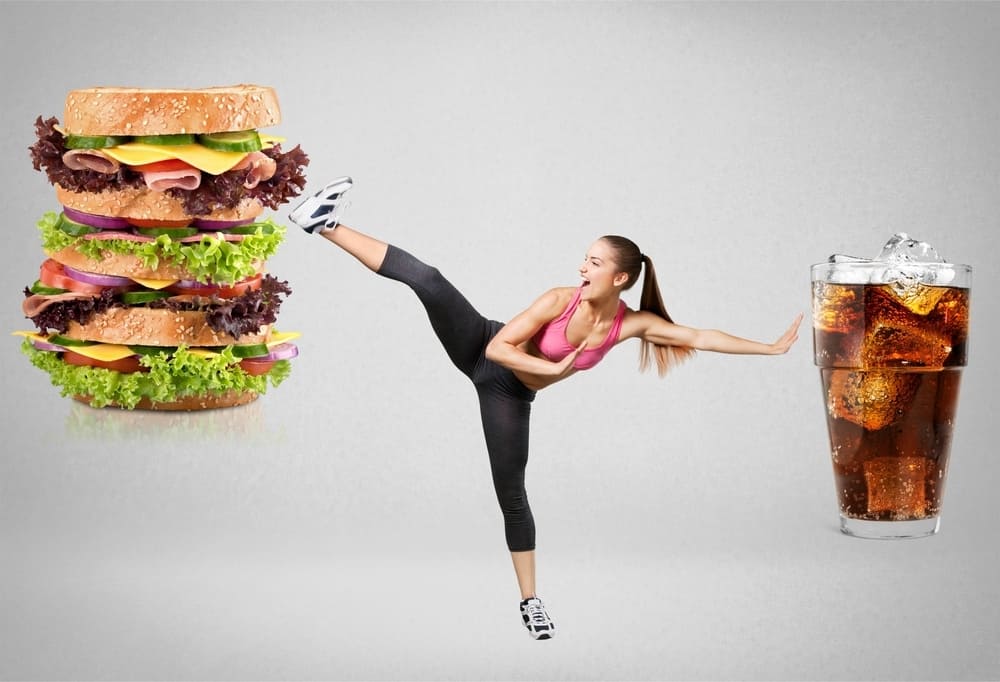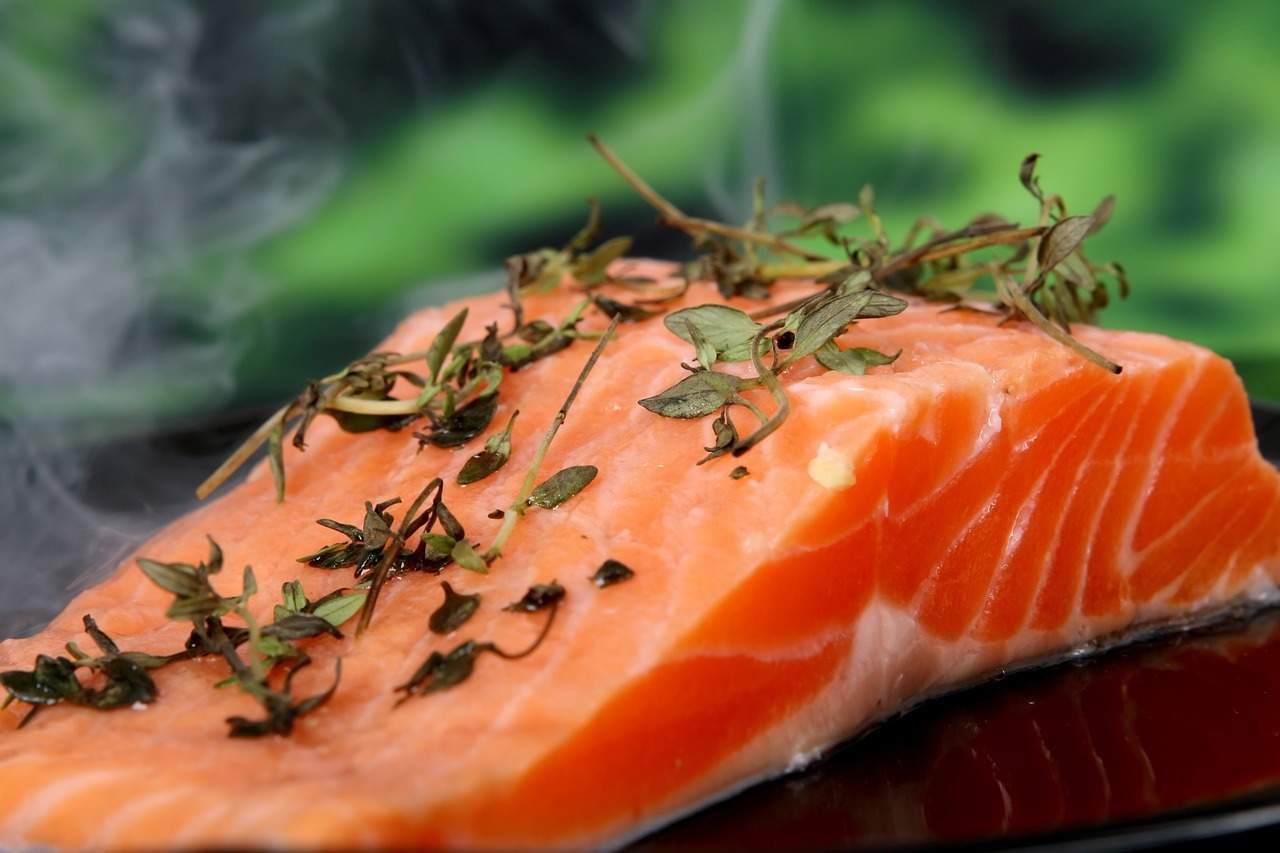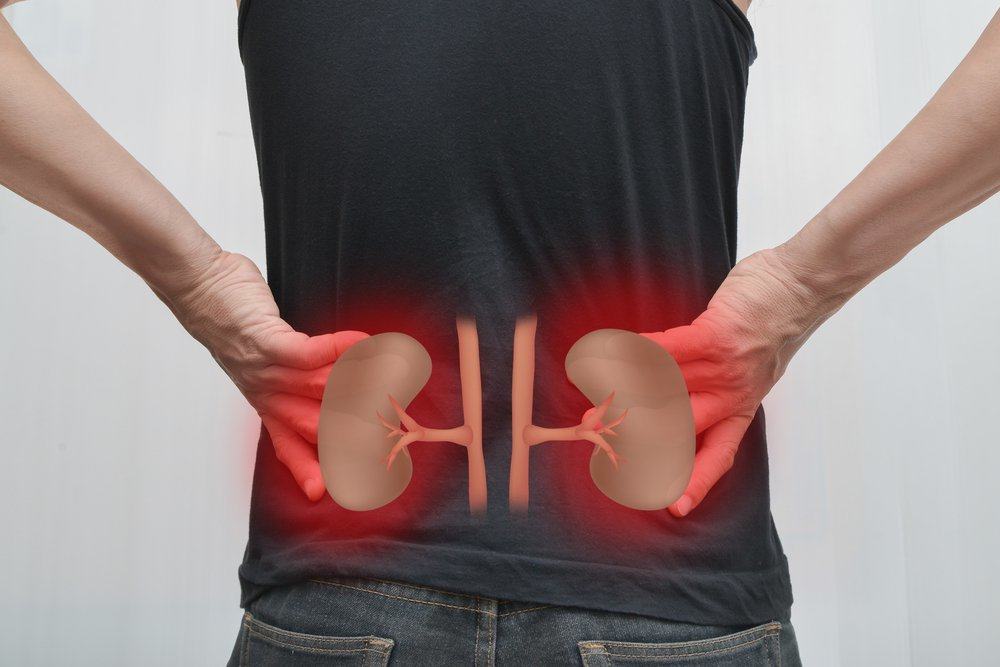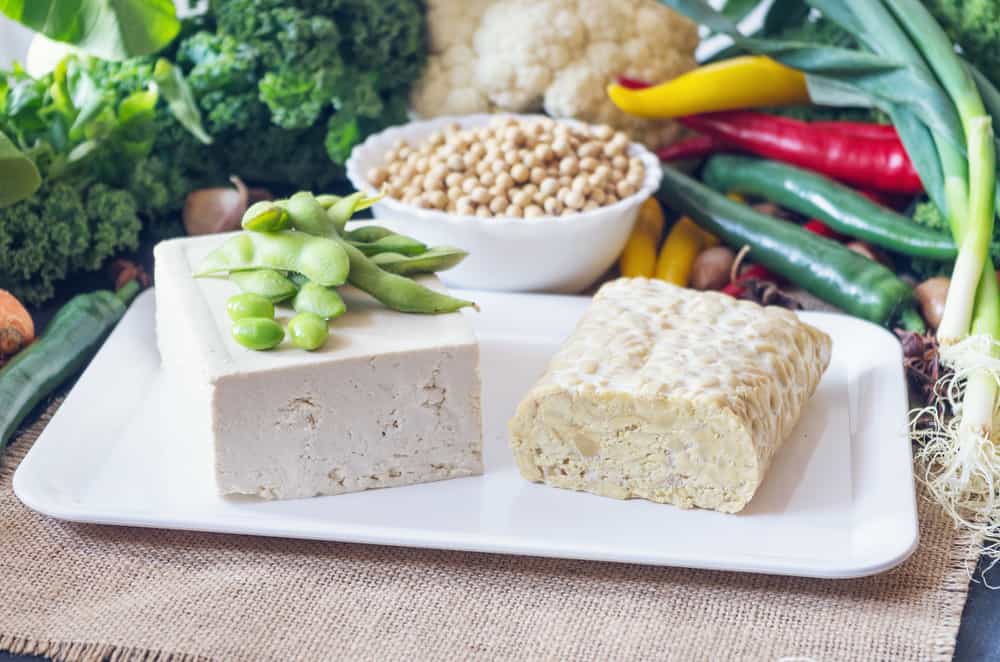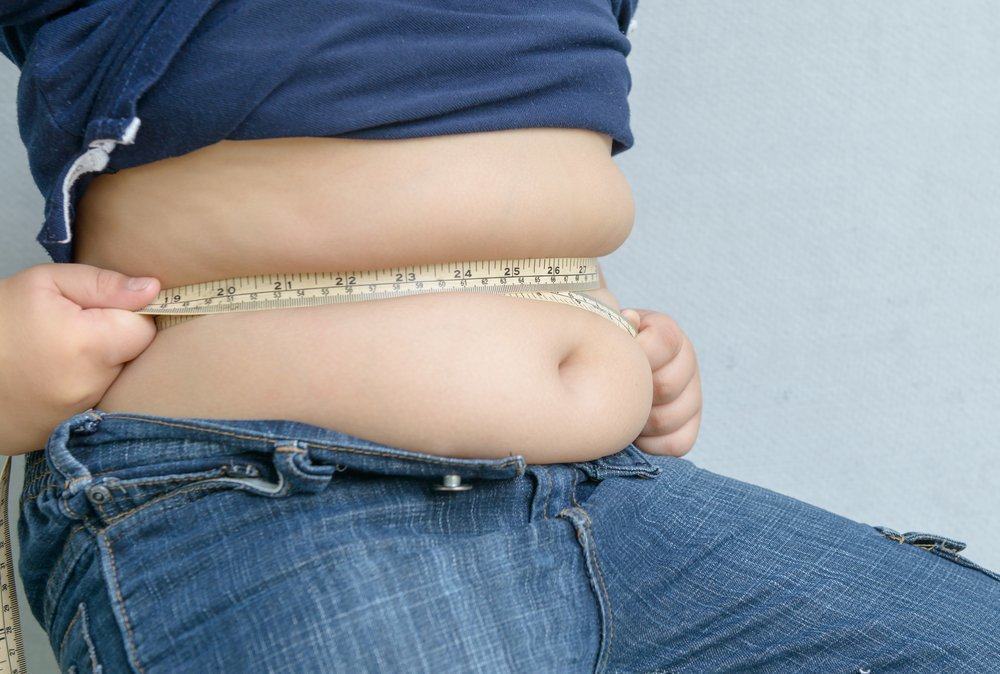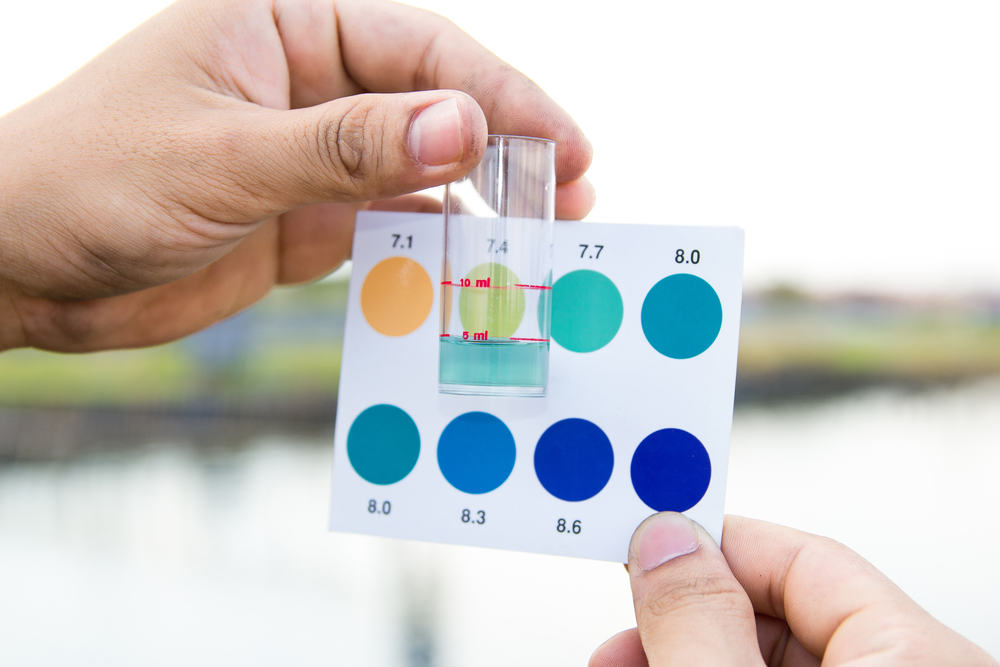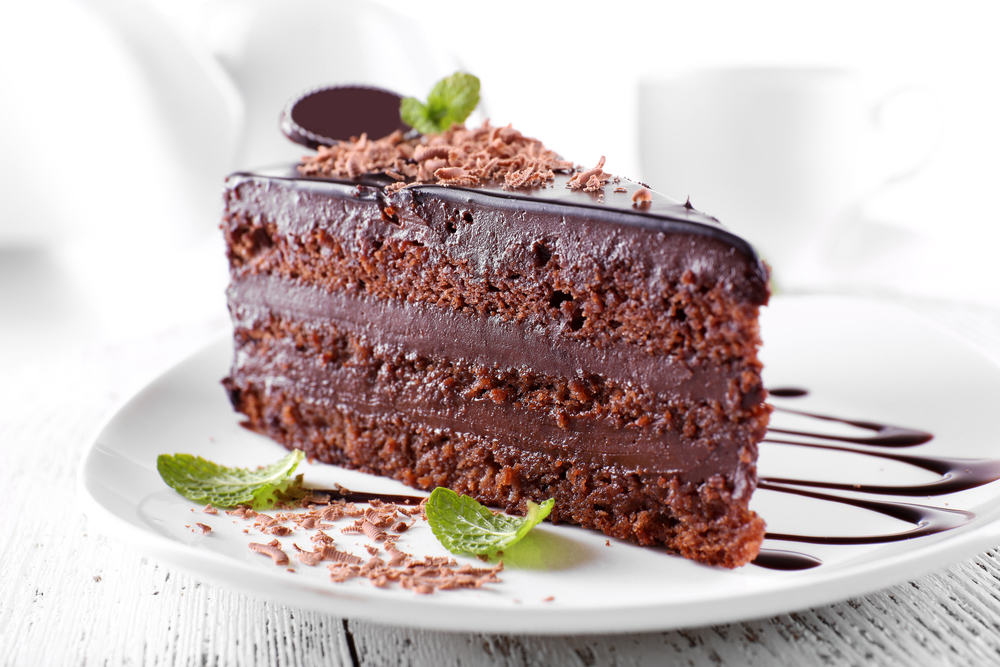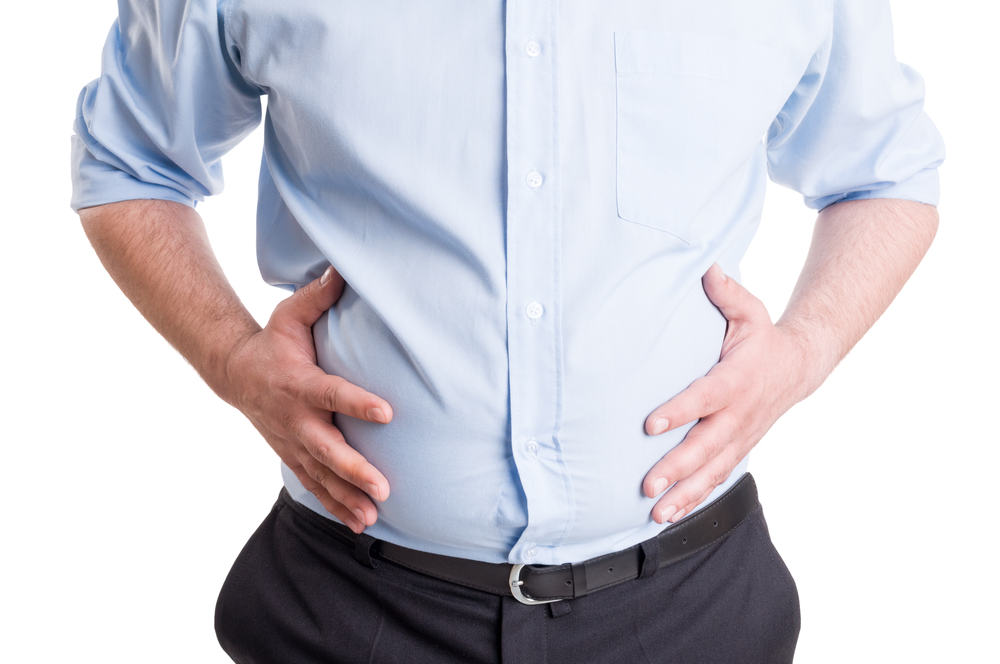Contents:
- Medical Video: CALORIE HACKS FOR FAST WEIGHT LOSS - Never count calories again (Point System)
- What are calories?
- How many calories does a person need each day?
- How do you burn calories?
- What are empty calories?
Medical Video: CALORIE HACKS FOR FAST WEIGHT LOSS - Never count calories again (Point System)
Calories, maybe some of you are afraid of this word, without knowing why. Every food that is known to contain many calories, must be avoided, especially for people who are on a diet or weight loss program. But don't get me wrong, actually you don't want calories to be needed by your body.
What are calories?
Calories are units of energy. So, every food and drink that contains energy also contains calories. Your body needs calories to live, without energy from calories, the cells in your body will die, including your heart, it will stop beating. So, don't be afraid of calories anymore, we really need calories.
We can get this energy from the food and drinks we consume. If the food and drinks we consume every day can meet our calorie needs, then our body will be healthy. Conversely, if the food and drinks we consume are below or above our caloric needs, then the risk for getting sick will increase. Therefore, you should know how many calories you eat, so that it can help you maintain a balance between the energy entering and coming out of the body. This is the key to getting a healthy weight.
The food we consume every day contains carbohydrates, fats, and proteins which will be converted into energy by our bodies. The following is the number of calories from each nutrient we eat.
- 1 gram of carbohydrates is worth 4 calories
- 1 gram of fat is worth 9 calories
- 1 gram of protein is worth 4 calories
So, for example in one type of food you eat contains 4 grams of carbohydrates, 10 grams of fat, and 15 grams of protein, the number of calories you eat is (4 × 4) + (10 × 9) + (15 × 4) = 166 calories.
See information on nutritional value commonly found on food packaging to make it easier for you to know how many calories you eat. If you are still confused about what calories and kilocalories are, they actually have the same meaning.
How many calories does a person need each day?
In general, an average adult needs 2000 calories. Based on FAO, the average minimum calorie requirement for individuals per day globally is around 1800 calories. However, the actual calorie needs of each individual vary, depending on gender, age, weight, height, and physical activity.
If you want to know how many calories you need every day to maintain your weight now, you can use the formula below.
- Male KKB = 66.5 + (13.75 x kg BB) + (5 x cm TB) - (6.8 x age)
- Female KKB = 55.1 + (9.56 x kg BB) + (1.9 x cm TB) - (4.7 x age)
The formula is a formula to look for basal calorie requirements (KKB), which do not take into account your level of physical activity.
So, to find out the total calories you need, you have to multiply the KKB with physical activity numbers, as below.
- Sedentary activities (not much activity) = KKB x 1,2
- Mild activity = KKB x 1,375
- Moderate activity = KKB x 1.55
- Heavy activity = KKB x 1,725
- Very heavy activity = KKB x 1.9
So, for example you have KKB is 1345 calories and have mild activity, the total calories you need are 1345 x 1,375 = 1849.4 calories.
How do you burn calories?
Basically, the more activities you do, the more calories you use. The harder the activity you do, the more calories you burn. For example, the calories burned if you walk fast are more than just walking relaxed.
The calories you get from food will be converted by the body into energy and will be used when you do activities. If these calories are not used it will be stored in the body, over time these unused calories will be converted into fat and lead to weight gain.
Research shows that most adults eat and drink more than they need, and think they are more active than others. So, it's no wonder that many adults are overweight, even obese.
Remember, if you consume more calories than the number of calories you use, you will gain weight. And if you consume fewer calories than the calories you use, your body will burn the reserves of calories stored in your body, so your weight will slowly drop.
So, if you want to lose weight you should consume less energy than the energy you use. The trick is to make healthy changes to your diet and increase physical activity.
What are empty calories?
Empty calories are foods that we consume with very little nutritional value, almost no fiber, protein, vitamins and minerals. As reported by Medical News Today, based on ChooseMyPlate.gov (USDA), empty calories are usually contained in foods that contain solid fat with added sugar.
We usually find solid fat in meat fat, solid oil, and butter. Meanwhile, the addition of sugar is a regular sweetener added to processed foods and beverages. Examples of foods that contain solid fat or added sugar are ice cream, donuts, biscuits, cake, pizza, sausages, soda drinks and other packaged drinks.
Solid fat and sugar are intentionally added to make the taste of food or drink more palatable. However, both contain low nutrients but are high in calories, so they can cause weight gain and increase the risk of obesity-related diseases, such as high blood pressure and type 2 diabetes mellitus.
READ ALSO
- Various Facts and Myths Regarding Calories
- 10 Home Cleaning Activities That Burn Many Calories
- Why Stress Makes Us Eat Too Much?


